…At the 13th International AIDS Society Conference on HIV Science, delegates celebrated scientific breakthroughs, but sounded the alarm on dwindling global funding and the threat it poses to decades of progress.
By Faysol Oluwakemi
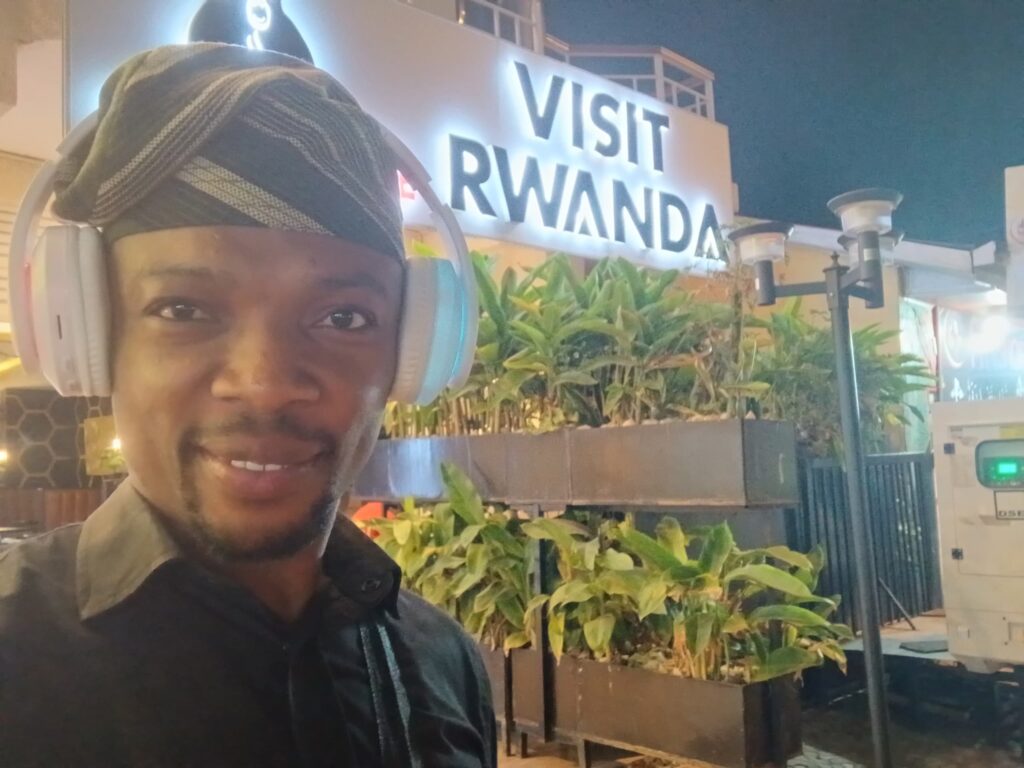
The 13th International AIDS Society (IAS) Conference on HIV Science, held in Kigali, Rwanda, was both a celebration of scientific breakthroughs and a sobering reflection on the fragile state of global HIV financing. Over 5,000 delegates from more than 170 countries gathered in the Rwandan capital, comprising world-renowned scientists and clinicians, journalists, community leaders, policymakers, and people living with HIV, all united in their mission: to end AIDS through innovation, equity, and evidence.
This year’s conference spotlighted major progress, particularly the promise of long-acting prevention tools like injectable lenacapavir, which is seen as a potential game-changer in HIV prevention. A significant announcement was made by Gilead Sciences and the Global Fund, revealing a new agreement to supply lenacapavir to priority regions, with the first doses expected to reach African countries later this year.
Yet amid this wave of optimism, a cloud of concern hovered over discussions: sharp funding cuts, particularly from the U.S. President’s Emergency Plan for AIDS Relief (PEPFAR) and USAID, threaten to reverse years of life-saving progress. During the Day 2 plenary session, researchers presented fresh data revealing that service delivery is already being disrupted in vulnerable communities, increasing the risk of a resurgence of HIV infections, particularly across sub-Saharan Africa.
Speaking directly to these threats, IAS President Dr. Beatriz Grinsztejn addressed the importance of protecting major funding lifelines. “Scientific evidence shows PEPFAR has saved 26 million lives over the past two decades, and protecting the program could help save millions more in the future,” she said, urging U.S. lawmakers to reject proposed budget cuts.
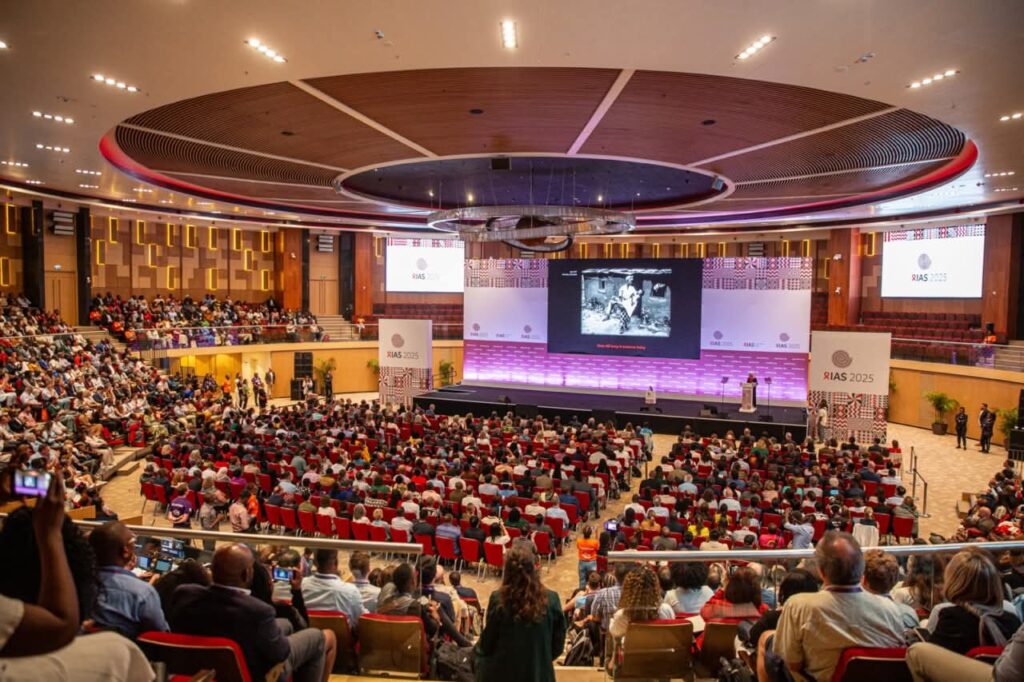
The conference opened on July 14 with a unifying ceremony that set a tone of urgency, pride, and resilience. WHO Director-General Dr. Tedros Adhanom Ghebreyesus delivered a keynote that resonated powerfully with the audience. “We have the tools — what we need now is the political will, sustained funding, and community leadership to reach the last mile,” he said, reminding delegates that medical advancements alone are not enough to end the epidemic.
Representing the host country, Rwanda’s Minister of Health, Dr. Sabin Nsanzimana welcomed the world with pride and humility. He reflected on Rwanda’s transformation from a nation once devastated by disease to a leader in public health innovation, stating: “What works is not just science, but science rooted in people, culture, and resilience.” He emphasised the importance of community-driven solutions and integration of HIV services into universal health coverage, pointing to Rwanda’s model as one to follow.
A major thread woven through the conference was the fight for equity. Several sessions made an urgent call to protect and expand community-led HIV responses, especially programs that support women, youth, and marginalised groups. Speakers warned that defunding grassroots initiatives would dismantle progress made in reaching key populations.
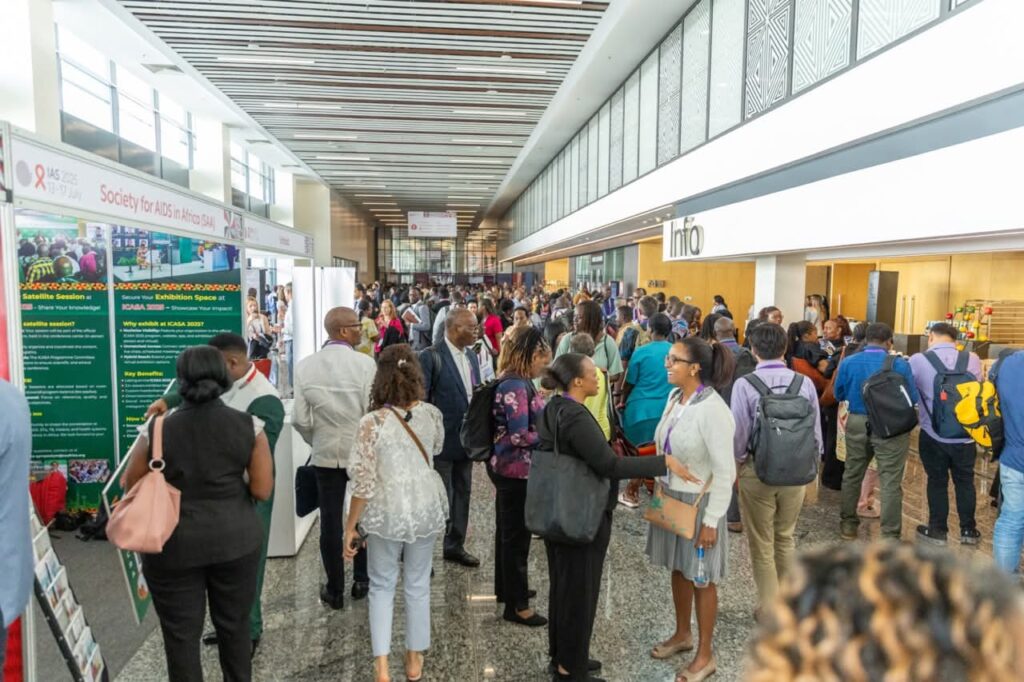
Vanessa Campos, Communications Secretary of RNP+Brasil, stressed the importance of accessibility for new biomedical interventions. “Long-acting injectable medications are the way forward for better adherence to treatment,” she explained. “PrEP for cisgender women, including those who are pregnant and breastfeeding, is extremely important to prevent vertical transmission of HIV and to give women autonomy so they are not dependent on partners who rarely want to use condoms.” However, she warned that implementation in Brazil’s public health system would require “strong coordination from the AIDS Movement and organized civil society” to overcome cost barriers.
Other attendees echoed similar concerns and aspirations. Yusshy Kurnia Herliani, an Indonesian student based in the UK, described her experience as transformative. “IAS Conference 2025 has been an incredible experience! I’ve gained valuable insights, connected with a global community, and am excited to bring these learnings back to my community in Indonesia,” she said.
Brian Ogutu, a communications specialist from Kenya, was particularly struck by the role of technology in enhancing HIV response. “Attending the IAS Conference this year offered a powerful reminder of how digital tools, when thoughtfully developed, can meet real needs,” he said. He pointed to South Africa’s “Self-Care from Anywhere” (SCFA) initiative, an AI-powered WhatsApp platform supporting young women with on-demand HIV and sexual health support—as an inspiring model of innovation in service delivery.
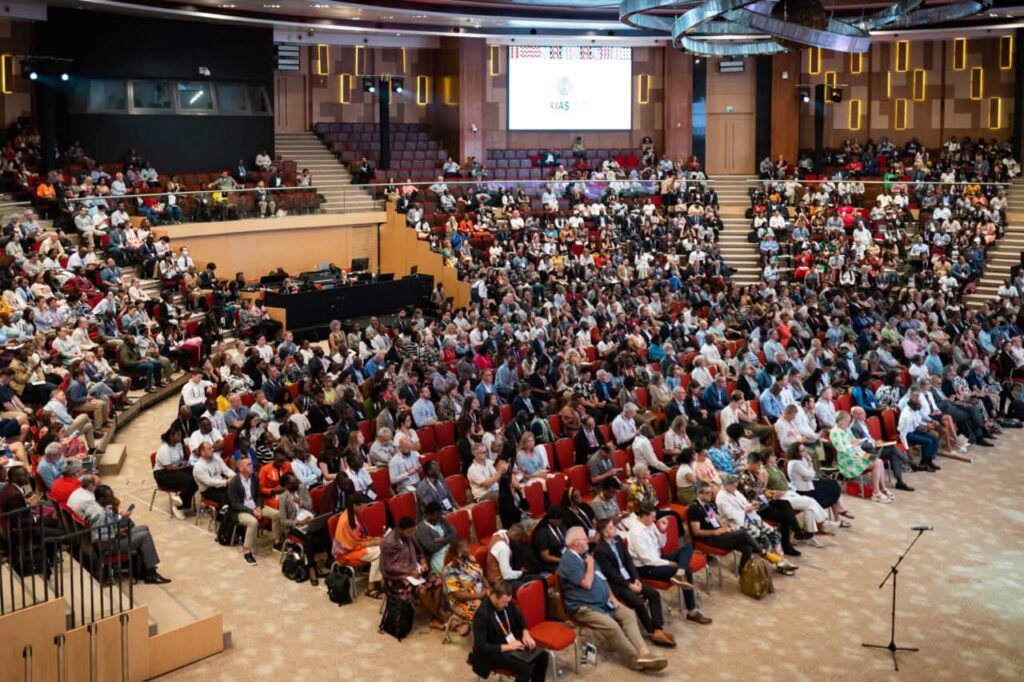
For others, like Rahim Zakky Robert Miller, a subject matter research consultant from the U.S., the conference was deeply personal. “My journey into HIV research began two years ago with a routine STI test at my local clinic, and now I’ve had the privilege of representing my community at the International AIDS Society Conference in Kigali,” he shared. As one of 40 selected IAS mentees globally, he said, “It was the first time I’ve been in a space filled with so many Black doctors and researchers. It deepened my appreciation for community-centred research approaches and reaffirmed the importance of youth co-design in shaping HIV interventions—especially in low- and middle-income countries.”
Alexandra Arrhén, a nurse and HIV advocate from Sweden, reflected on the collaborative spirit of the event. “Taking part in the IAS conference in Kigali was fun and insightful in many ways. I participated as a mentor in the IAS mentorship program and got to meet with many inspiring people from all over the world,” she said, adding that she looks forward to future collaborations on HIV-related projects.
From India, Vivek Barick, who works in business development for diagnostic tools, highlighted key takeaways on sustainable program implementation. “It became clear to me that HIV elimination goes far beyond the provision of commodities or funding support,” he said. “The real impact lies in integrating community-based healthcare services and ensuring strong program implementation at the primary level.” He added that global financing strategies remain unclear in the face of recent shortfalls, and emphasised the critical role of the Global Fund’s strategic direction in shaping the future of HIV response.
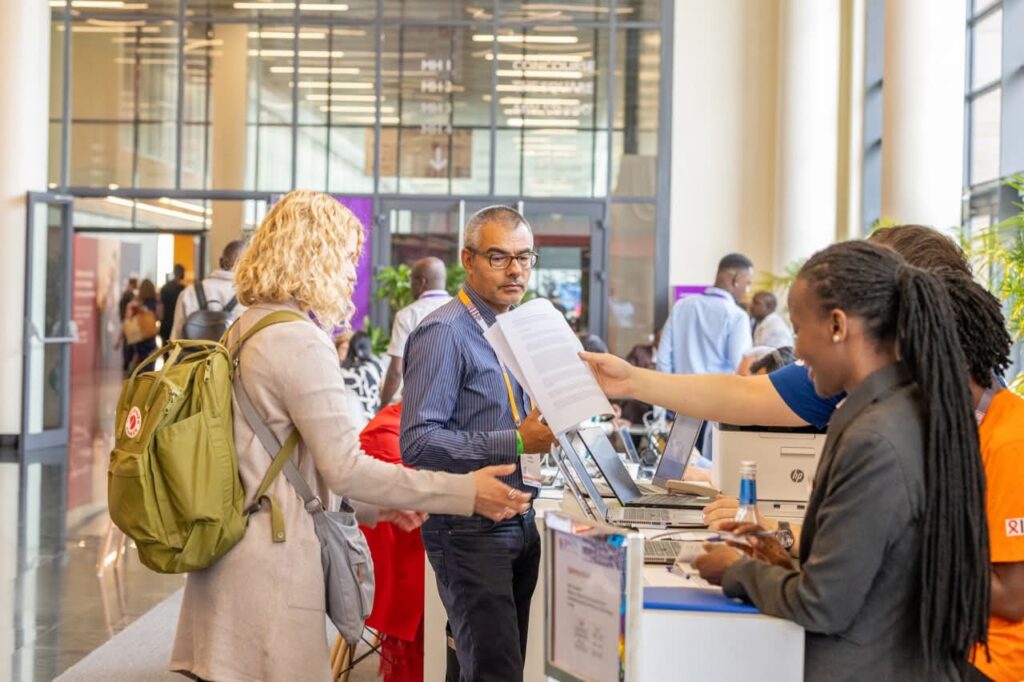
Conclusion: Kigali’s Message to the World
If the Kigali conference sent one message to the world, it was this: science alone cannot end AIDS.
The tools exist, antiretroviral therapy, PrEP, long-acting injectables, but tools alone are not enough. Without political will, community leadership, and sustained investment, the fight risks slipping backwards. The conference was not just a gathering of minds; it was a clarion call for action.
Kigali stood as more than a venue, it became a symbol of possibility. It showed what can happen when equity meets innovation, and when those most affected by HIV are not just participants in the conversation, but leaders of the solution.
Now, the world must choose: continue forward, boldly and inclusively, or retreat into complacency, and risk undoing decades of extraordinary progress.
